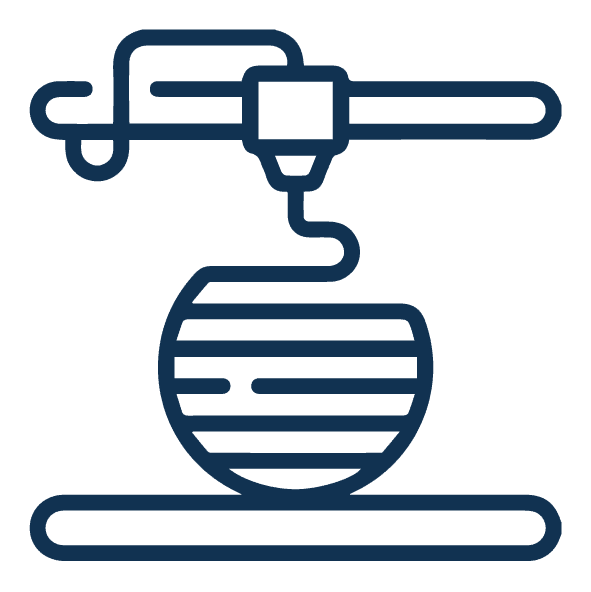Drawing inspiration from nature
to develop sustainably
LINEUP OCEAN innovation
We apply unique principles of marine biomimicry, inspired by 3.8 billion years of natural innovation, to design coastal developments for today and tomorrow.
By integrating our original bio-inspired approach into a comprehensive process of eco-design and optimization, we develop new physical solutions for sustainable coastal and shoreline management.
These large-scale systems are made up of bio-inspired and eco-designed modular units, accessible to all maritime stakeholders seeking practical solutions to support and enhance their efforts to protect and restore the marine and coastal environment.

Innovation
These innovative systems, the result of several years of Research and Development, are neither opaque structures designed to fight against nature (like dikes, groynes, breakwaters, or rock armoring), nor traditional artificial reefs. They are ultra-porous, optimized systems, bio-inspired by the complex architecture of natural ecosystems , and permeable to hydro-sedimentary and bio-ecological flows.

Bio-inspiration
We draw inspiration from natural rocky seabeds, mangroves roots, seagrass beds, kelp forests, and coral reef ecosystems to design hybrid and intricate forms that reduce wave energy starting from a storm threshold identified as destructive for beaches and marine ecosystems.
These patented internal structures are made up of various meshes and three-dimensional cavities that can also host marine life and restore key ecological functions, such as habitats, feeding grounds, and nurseries, that have been degraded by external pressures.

3D Manufacturing
To manufacture our modules, we rely on different techniques such as the latest large-scale 3D printing technologies. They offer great morphological freedom while topologically optimizing the shape of the modules to minimize the amount of raw material and maximize their structural strength.

Biocompatible materials
Thanks to the use of biogenic and bio-based materials and the control of their physico-chemical properties, our modules are colonized within weeks to a few months by the first links in the marine trophic chain (sessile species, ecosystem engineers), rapidly transforming into a rich and diverse ecosystem for the surrounding marine life.
Bio-inspired structures for large-scale deployments
Our large scale devices are made of assembling our unit modules on several linear meters.
Their macroscopic shape can be adapted and optimized for the site of implementation.
Marine life rapidly colonizes our solutions in just a few months, contributing to the self-regulation of the system through trophic interactions combined with the hydrodynamics generated by the modules.
Research & Development

Our R&D areas
Bio-physical optimization of our modules
Experimentations in controlled environment and in-situ
Formulation and caracterisation of new biocompatible and biosourced materials
Hydrodynamic, CFD and FEA modeling and numerical simulations of ultra-porous shapes
Development of an advanced multidisciplinary methodology for site characterization and performance monitoring of our solutions
Eco-design of optimized modules for all maritime applications (offshore wind, ecological engineering, ecotourism development, fisheries support, anti-poaching, etc.)
Optimization of immersion techniques, assembly and anchoring systems of our solutions
Technological & industrial improvement